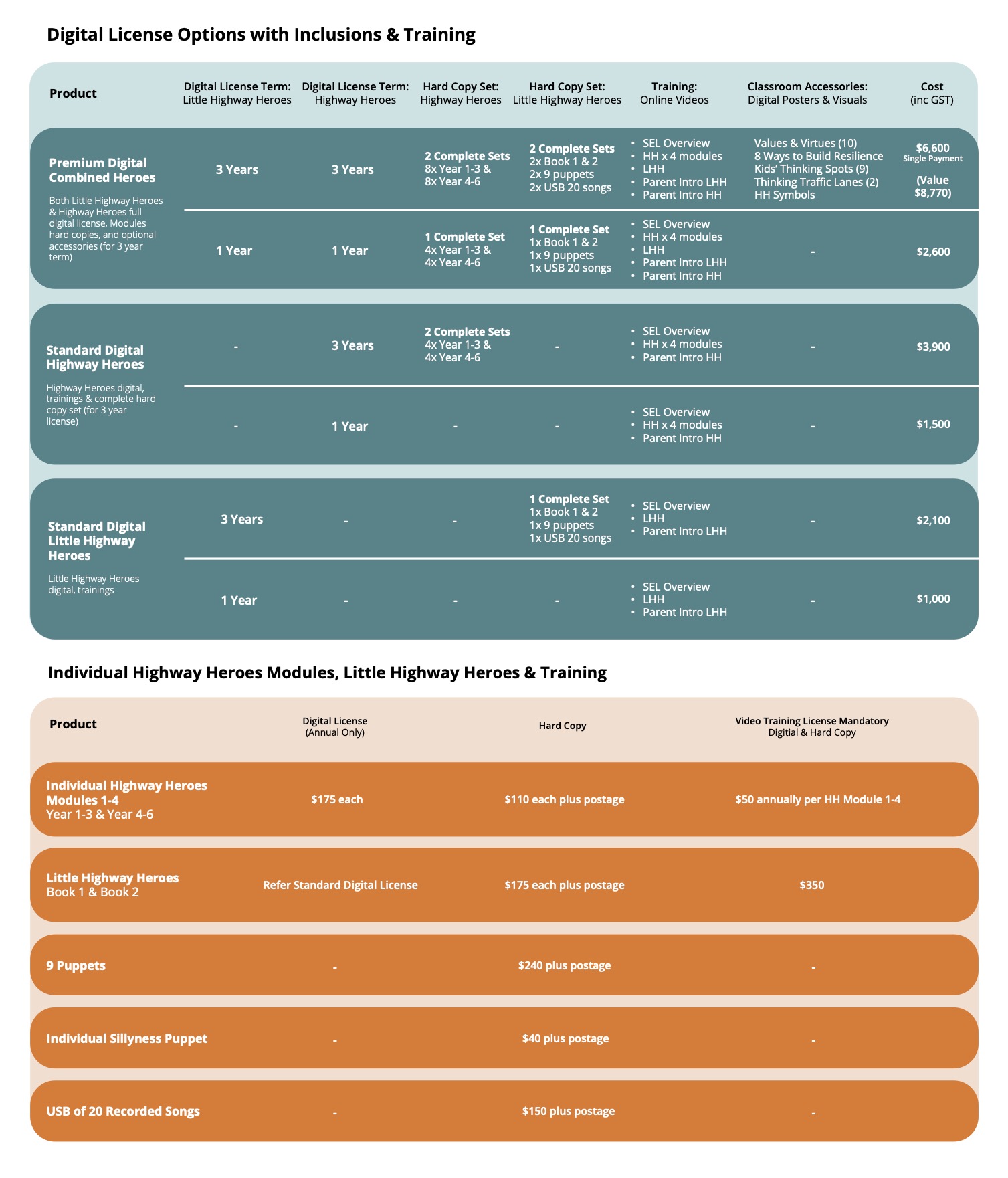You might have heard the phrase ‘Virtues and Values’ in your school community and wondered what that actually meant. Surely that’s the very foundation of all good parenting? Teaching the values of hard work and determination, respect, inclusion, tolerance – parenting bread and butter.
But is it? In a world of rapid change, of struggling to keep up with schedules, online lives, our own lives – are we taking enough time to really think through, coach and embed the virtues and values that lead to really good human beings being launched into the world? A human being grounded in morality, living into and up to their beliefs and values?
What were the virtues and values taught to you? How have they shaped and built your character? They’re the building blocks of life success and are often taught through modelling, discussions in the moment – perhaps about the value of hard work or the virtues of being honest and having integrity. How much time do you spend actually focused on coaching the skills, behaviours and attitudes that collectively contribute to the moral fibre of any being?
How did you raise such a good kid?
Let’s look at what we really want our children to know and to grow into. Those skills, behaviours, attributes and beliefs that have others asking, “How did you raise such a good kid?”
If we’re going to get out in front of nastiness in the playground and in cyberspace, if we’re going to have children whose moral compass is set to true north, then we have to make time to have teaching conversations about what we do want and how we can get there. Here’s some focus areas that get the moral conversational juices flowing in every family and classroom.
Moral identity
Who am I when no one is looking? Acts of kindness, being fair, taking responsibility for your actions and words, having integrity – these should be an integral part of a child’s identity. Helping children to grow this identity is steeped in the activities of every day – but wording them up, noticing them and extending the teaching – that’s what needs to happen more. Contributing through chores – that’s kindness and empathy, working hard and persisting, taking responsibility – its values training 101. Using those words with children while they’re completing homework, chores and their required self-care activities makes explicit the learning and validates and values their actions.
Moral emotional management
Yes, it’s a dirty little human fact that we feel morally destructive emotions – like jealousy, shame, greed. Overtly recognising and coaching around these feelings is infinitely better than punishing them out the door. They’re normal and their antidote lies in the ever-developing and carefully curated virtues and values of accepting the differences of others, knowing about fairness and growing self-acceptance.
Moral reasoning for moral dilemmas
We all experience situations where values collide – should I or shouldn’t I polish off the last chocolate biscuit? Should I or shouldn’t I laugh at that racist joke? Being able to take the perspective of another, accepting responsibility for the consequences of words or actions that lead to hurt – these are the often difficult and fraught lessons of childhood… and adulthood too. Proposing scenarios and asking ‘What would you do if…” and then brainstorming possible outcomes and ways to apply virtues and values helps all children when they find themselves, in the moment, having to make the right decision.
Moral literacy
This is really a discussion about social and emotional competencies. Having a toolbox of skills taught explicitly that lead to relationship building based on strong and moral self and other management. Practically, it looks like including others, managing big feelings and knowing their impact on others, knowing when and how to say no and to be assertive when something is outside of your moral code. These are the skills we target and teach in the Little Highway Heroes early years curriculum and Highway Heroes primary years curriculum.
What we all want for every child
We all want our children to grow into outstanding adults. Adults who act with integrity, who are honest, who accept diversity and difference, who work hard and value effort, who accept themselves and take responsibility for what they put out there, who care for others and express their gratitude for the richness of others in their lives.
A big ask? Yes – but with training, discussion, forgiveness and opportunity we can all help our children to strengthen their moral compass and fortitude and in doing so, we get to work on our own too. Our beautiful Virtues and Values e-Posters are a lovely way to start the discussion in your home or classroom. LINK HERE


